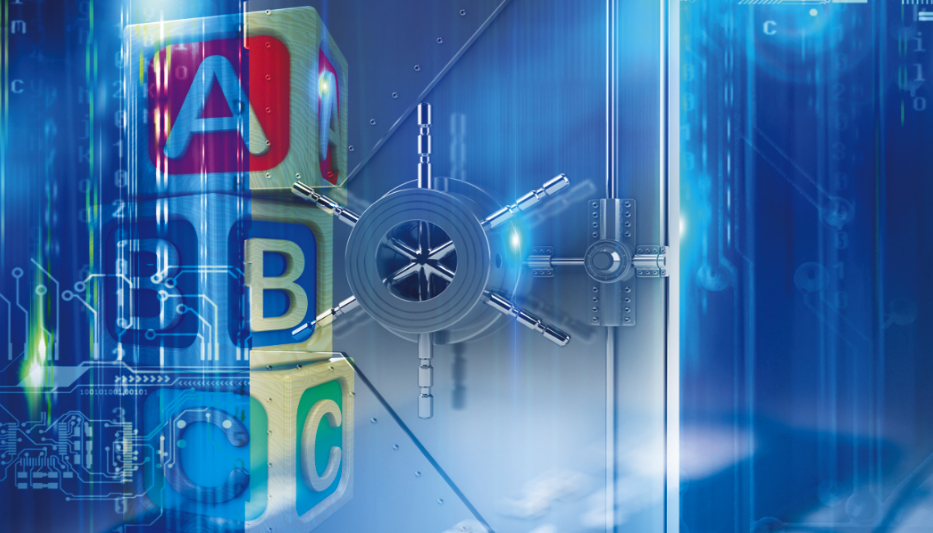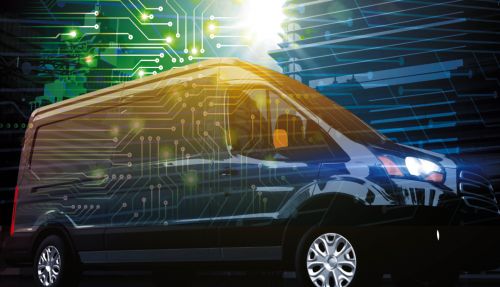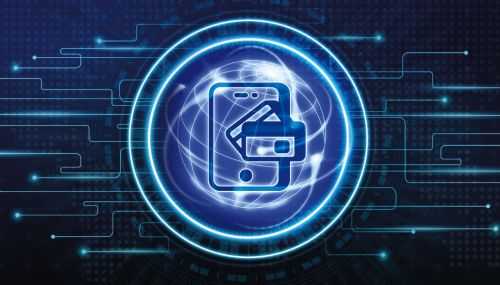All
The ABCs of Credit Card Processing
by Larry Richmond, Richmond Financial Services

What heating fuel marketers need to know about payment platforms in 2021
If you sell fuel or services in the heating oil or propane space, you may have a basic understanding of credit card processing and some of the programs available to the industry.
If you are new to payments, or have not had the time to learn more, gaining a technical understanding of processing platforms and their respective technological advantages and limitations may be intimidating.
Here are some basics to consider.
Gateway: A gateway, essentially an electronic portal, is required to interface the payment processor’s platform with your back-office software and is needed to pass the transaction details on to the processor.
It is worth mentioning that all gateways are NOT created equal, as security, tokenization (utilization of multi-digit codes to protect sensitive data), and functionality all play critical roles in optimizing the process and in the expenses related to electronic payments. Some gateways are state of the art while others may not have invested adequately to stay ahead of the technology curve. Perhaps even more concerning is the need to align your business with a gateway partner that is staying ahead of the sophisticated fraudsters out there who get smarter by the day.
You should use a gateway that is regularly updated with the latest security and capabilities, as the electronic payments ecosystem is fluid and events need to be closely watched to proactively prevent avoidable risks or exposures. I will get into the differences in gateways in a subsequent article.
Interchange: Interchange is the complex pricing mechanism and core pricing elements that determine how any given transaction is handled. It is made up of more than 1,000 unique pricing tiers, which relate to numerous variables, including but not limited to: Mastercard, Visa, Discover, American Express, debit, credit, corporate cards, business cards, swiping vs. no swipe, reward programs, etc. In short, all of these variables speak to the capabilities inherent in a given card account. There are intricacies and qualifying requirements of each transaction necessary to enable interchange optimization for any given transaction.
Processor-gateway compatibility is essential to optimize cost efficiencies. Interchange updates from the card brands come out twice a year (in April and October). Properly interpreting these changes are the first steps and prerequisites to implementing the necessary technological tweaks to ensure continued interchange optimization as this is paramount to bottom line expenses. Not all Processor-gateway relationships are the same, and the degree to which they are compatible can directly impact the expense and simplicity of the communication between the two. Anything other than full compatibility between processor and gateway Softwarehas the potential to cost the fuel dealer unnecessary expense via processing downgrades and surcharges. Variables also include back-office software integrations and how they react to updated technologies and/or processing changes rolled out by the card brands.
Those annual changes noted above and their potential impact on you is something you cannot afford to ignore. Case in point is a recently proposed change incorporating the greatest rate increase in almost 20 years. Under pressure from lawmakers, card brands recently dialed back the more dramatic changes. Look for more on this topic in the months ahead.
The financial technology you are using can have a dramatic positive or negative effect on your costs to process transactions. Having the pro-per gateway and interface with your back-office software often saves the fuel marketer significant payroll dollars, especially when considering those recurring monthly charges that have been done manually. Eliminating the payroll expense associated with hundreds of monthly recurring credit card transactions is easily done and something many dealers today are benefiting from, but not all utilize this basic and efficient feature.
Given that not all back-office platforms are the same, many fuel dealers look to payment processing experts who are familiar with the various software products. The right person knows how to eliminate the bottlenecks between your gateway and your back-office, but it does take familiarity, knowledge and an open dialog in order to properly keep things seamlessly moving forward without falling prey to the interchange black hole of downgrades and surcharges that can sneak up on you at any moment.
An expert can monitor your transactions to ensure that your payments relationship is optimized, which includes ensuring that ALL card types qualify for the most advantageous interchange categories. Getting a handle on this is the first step in driving down your company processing expenses and improving your cash flow.
Larry Richmond is Treasury Strategist and President of Richmond Financial Services. In 2005, he successfully lobbied MasterCard to reclassify home heating retailers into the lower-risk utility processing category. Larry can be reached at 617-843-5700 x200 or by email at larry@richmondfs.com.
Related Posts
 What’s Next in Boiler Technology
What’s Next in Boiler Technology
Posted on June 25, 2025
 Data Delivers!
Data Delivers!
Posted on April 28, 2025
 Harnessing Payment Data to Increase Profitability
Harnessing Payment Data to Increase Profitability
Posted on March 10, 2025
 DeepSeek Is Our AI Wake-Up Call
DeepSeek Is Our AI Wake-Up Call
Posted on March 10, 2025
Enter your email to receive important news and article updates.
